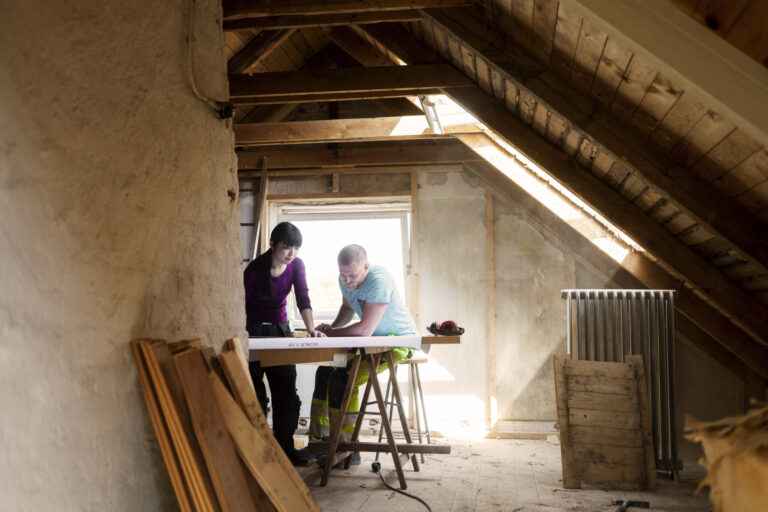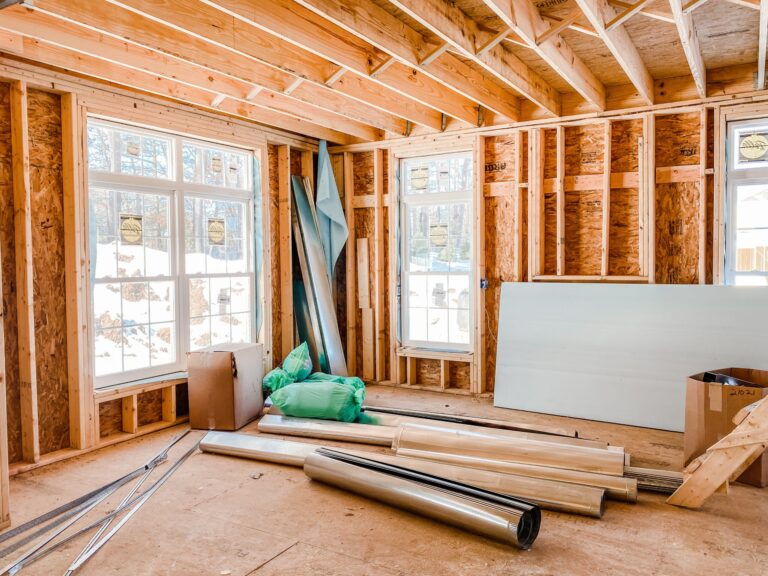If you are a homeowner, particularly a new one, you have to be conscious of your abode and all of the appliances that are within as well. In addition to their monetary value, most of your belongings will have functions that render them necessary to you or your family’s everyday life. To lose something like a laptop or a tablet would be incredibly frustrating, as it’s not just the appliance that would need replacing, but all of the work and/or learning that was contained within it would be gone as well.
While the loss of an electrical device is one that we would do our best to avoid, there are other appliances that must be kept in strong working order or face more drastic, even dangerous, consequences. If left without regular exhaust maintenance, it can emit carbon monoxide as part of a gas leak. This is known as a silent killer, as this poisonous gas is without scent or taste, and shuts down the body of the person unknowingly breathing it in, without giving them a chance of response.
Many appliances in the homework together in a way that is almost symbiotic in nature. As well as helping you keep the home’s energy efficiency ratings up, they depend on each other to ensure that home is comfortable. If you are looking through the home to identify faulty installations for an upcoming remodel, or if you have been looking through the property records and have concerns, then the HVAC system should be your starting point.
The HVAC System
HVAC is an acronym that stands for heating, ventilation, and air conditioning, and is probably the most important system within the home. These separate units work together to keep the house going, but similarly; if there is a problem with any part of it then the whole system struggles to compensate. For example, if a faulty furnace installation has taken place, leading to a gas leak, then the ventilation should remove the dangerous amounts of deadly gas and allow you to call a boiler technician to inspect.
Without an HVAC system, the home does not operate efficiently. Energy savings cease to exist, and you end up spending much more on energy bills or a new system altogether. A poorly installed or faulty HVAC installation in your home can also cause expensive, or potentially heath concerning problems too, and so it’s important that if you find a problem with any of its components, that you call a technician right away.
Before checking the system yourself, it would be good to know when these various appliances were installed. Ultimately the lifespan for your heating systems and air conditioners will vary, but if they are past their expectancy, then it will need to be replaced. Speak to the county clerk’s office, or visit the recorder’s office for property records, unless you know how to find property records online.
Heating
The home’s heating system is primarily used during the winter but is used a lot in those cold months. A furnace will heat the water, and from the water heater, this hot water and steam travel along pipes in the home to faucets and radiators, and then back again. However, if the heating system is faulty, and the room isn’t warm when switched on for a while, it might be worth following the pipes and checking for leaks or wet patches of carpet. It is in your best interest to have a technician look at this straight away, as a slow leak that builds over time can damage and rot flooring.
Also, get a Carbon Monoxide detector installed if the furnace is older. This way, if the air isn’t cleared through the vents, then at least you will know if the furnace or boiler is emitting poison gasses.
Ventilation
Ventilation within the home is easy to take care of. All you have to do is ensure that vents are not blocked and that windows can be fully opened, particularly in the bathrooms or kitchens to let hot air escape.
Air Conditioning
Homeowners whose furnaces have been properly installed aren’t in the clear. Air conditioning units ensure that the air within the home is both dry and clean. If they are not working as they should, then humidity (a breeding ground for viruses and bacteria) rises significantly, and many problems ensue. Not only will the furnace struggle to heat the home, requiring more energy to heat both the air and the moisture in the air, but mold will fester and health issues will arise.
It might be worth replacing the AC system anyway, with a newer model that includes a heat pump. These additional features heat the air at the condenser, which is then released as warm air into the atmosphere of the home. Instead of relying on the furnace to make changes to your heat levels, the AC unit can potentially take the strain instead and circulate cleaner, dryer air.








